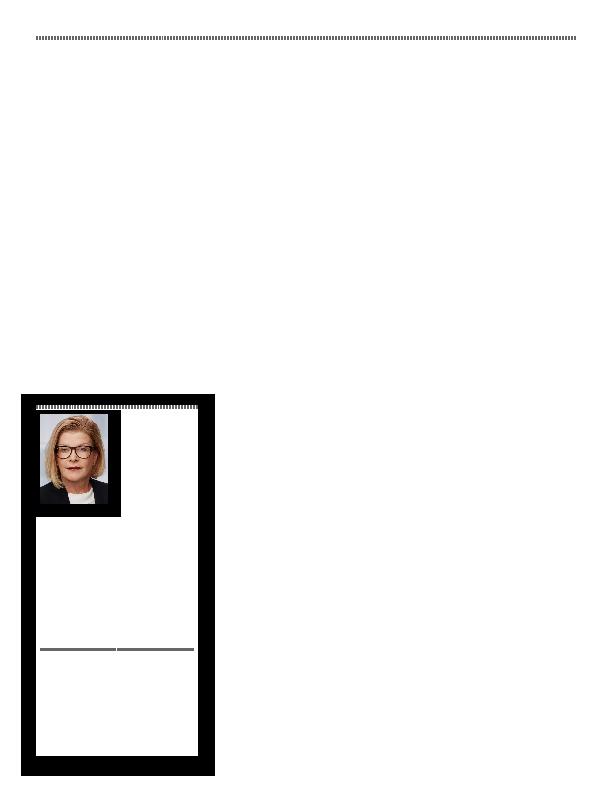
Facebook Decision and Its Lesser Known
Cross-Border Lessons
High Court (BGH) handed down its closely
followed judgment against Facebook.
had been tragically killed in 2012 in
Berlin under undetermined circumstances
by a subway train sued Facebook for
access to their daughter's account,
wanting to know more about her frame of
mind before her death. Was this a case
of suicide or not? Facebook tenaciously
denied the parents access, citing
to its own terms of service.
The facts of the case are eerily similar
to those of a case decided in 2012 by
the courts of the Northern District of
California,
had died in 2008 after falling from the
12
account. The applicants in the case before
the California court did not believe that
the deceased had committed suicide and
sought access to her Facebook account in
search of evidence of her state of mind in
the days before her death.
The facts may have been very close,
but the outcomes couldn't have been more
different. While the family lost before
the California court, the parents won in
Germany.
phenomenon, halting at virtually
no borders, it is not surprising that
the tragic cases against Facebook
occurred in different parts of the world.
And considering that Facebook is
headquartered in Menlo Park, California,
it's equally unsurprising that the courts of
the Northern District of California came
to decide the Manchester case. But how
did the Berlin case manage to stay in the
grasp of the German courts, especially
since Facebook's "Statement of Rights
and Responsibilities" in most of the world
at the time provided that the choice of
forum for "all disputes is exclusively in
a state or federal court located in Santa
Clara County," California? Given the
that the defendant did not relinquish the
case to the German courts willingly.
Under the European Union (EU)
harmonized civil procedure conflict
of laws rules (which override German
national conflicts rules in certain cross-
border cases) in effect when the Berlin
case was brought,
defendant had a legal presence in an EU
Member State. Since Facebook operated
an affiliate in Ireland (and still does),
the BGH held that the lower courts had
correctly asserted jurisdiction; and the
defendant was ultimately forced to relent
and submit to the German courts.
Since then, the underlying EU
regulation has been recast.
EU civil procedure conflicts rules, which
lean even further in favor of consumers.
been forced to accept that the courts of
the targeted user's domicile will have
jurisdiction when it comes to Germany
(and the EU).
by whatever means, are commercially
targeting consumers domiciled in
Germany know that the German courts
will have jurisdiction regardless of what
their terms of service may provide.
is that of classification. What is the legal
category into which the question falls?
For the German courts, the Facebook
case was a matter of contract and not of
the German constitution or the German
Telecommunications Law as argued by
WINHELLER, where she brings over 20 years'
experience in cross-border transactions,
investments, financial planning and structuring.
She has advised corporations in complex
inbound investments to Germany in a breadth
of industries. She is admitted to practice in
California, as well as in Germany.
Tower 185
Friedrich-Ebert-Anlage 35-37
Frankfurt am Main, D-60327 Germany
winheller.com